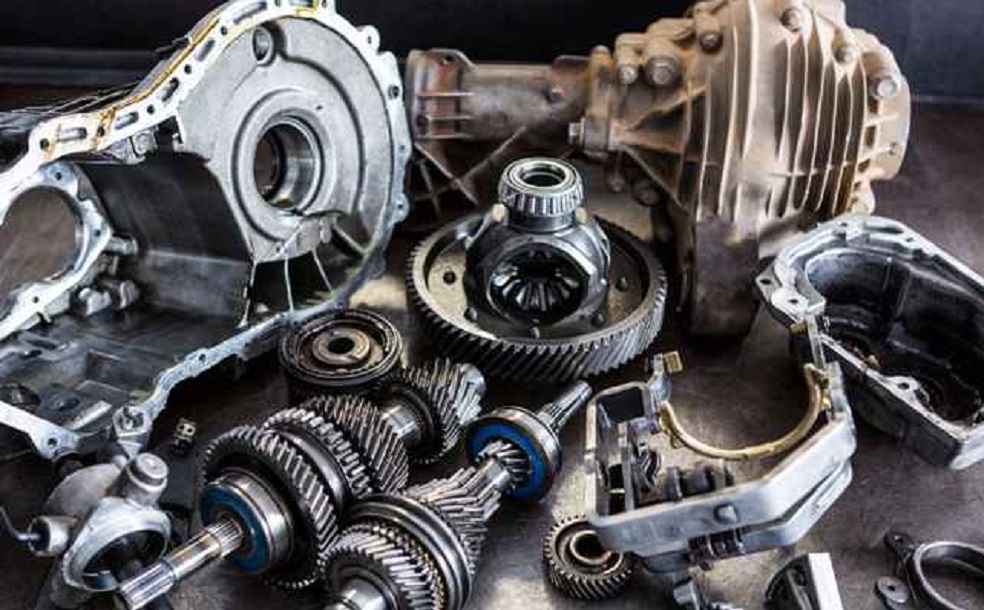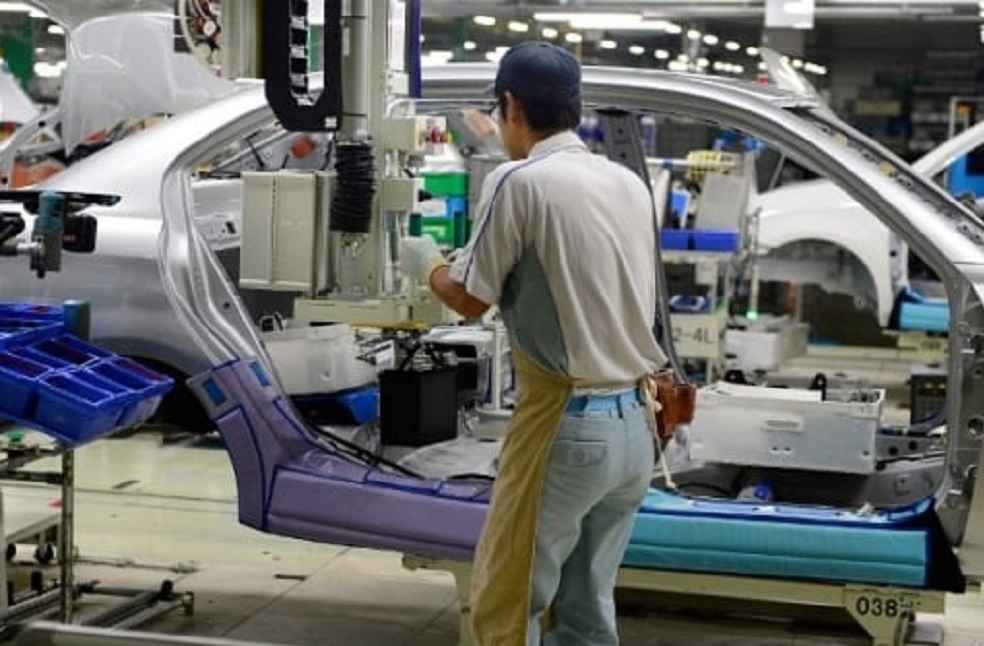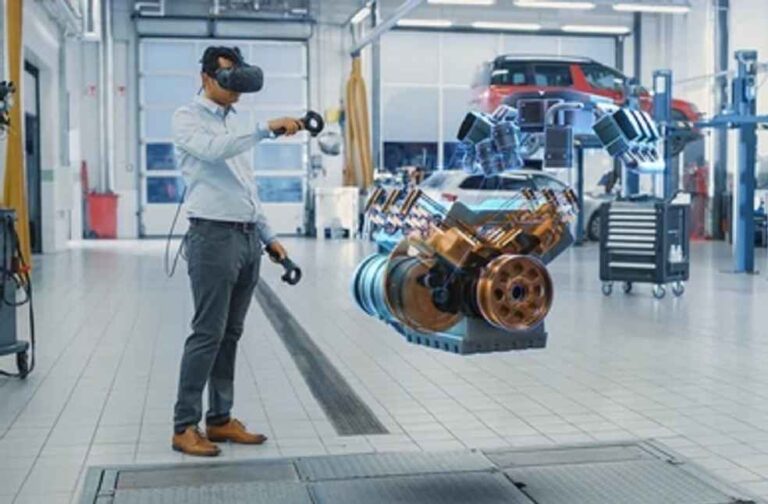Pakistan’s auto parts industry faces a crucial juncture. Despite consistent participation in international auto exhibitions and hosting its renowned auto show, the sector’s export growth has been disappointingly sluggish over the past seven years. According to Pakistan Bureau of Statistics data, auto parts exports peaked at $27 million in FY22 but declined to $22 million in FY23, with a further reduction to $7.1 million between July and October FY24. This situation calls for a reassessment of strategies to unlock the industry’s full potential.
Global Market Dynamics and Domestic Hurdles
Auto parts exports are influenced by global market trends, including the interplay of demand and supply, exchange rate fluctuations, and Pakistan’s economic health. Industry veteran Mashood Ali Khan points out a significant issue: local vendors’ reluctance to venture beyond serving domestic manufacturers, missing out on global market opportunities.
Diversification and Global Engagement
Despite the challenges, some vendors engaged in consistent export activities have shown resilience, especially against the backdrop of frequent plant shutdowns since July 2022. While participation in global auto shows is commendable, it must lead to concrete results like partnerships and joint ventures with international counterparts.

Government and Industry Collaboration
Export growth is essential for economic advancement. The government and industry must collaboratively formulate effective strategies. With a considerable portion of its output being globally marketable, Pakistan’s auto industry has a unique opportunity. A governmental roadmap outlining export targets and strategies for localization is crucial.
Action Plan for Global Market Penetration
To boost export potential, a multi-faceted approach is required:
- Organizing webinars and developing export portals through collaboration between the Trade Development Authority of Pakistan and commercial attachés.
- Facilitation of joint ventures and technical collaborations by the Engineering Development Board, supported by government incentives.
- Fostering local raw material manufacturing and forming public-private partnerships for testing facilities and design innovation.
- Training and capacity-building initiatives by the Small and Medium Enterprises Development Authority to enhance industry competitiveness.

Stepping Towards a Global Presence
At this critical point, Pakistan’s auto parts industry has the potential to transform and integrate more deeply into the global market. Through strategic policy support, technological innovation, and proactive industry initiatives, the sector can navigate toward a more prosperous and internationally recognized future.
LATEST NEWS | Bangladesh Garment Sector Boosts Labor Rights, Secures EU, US Market Access



